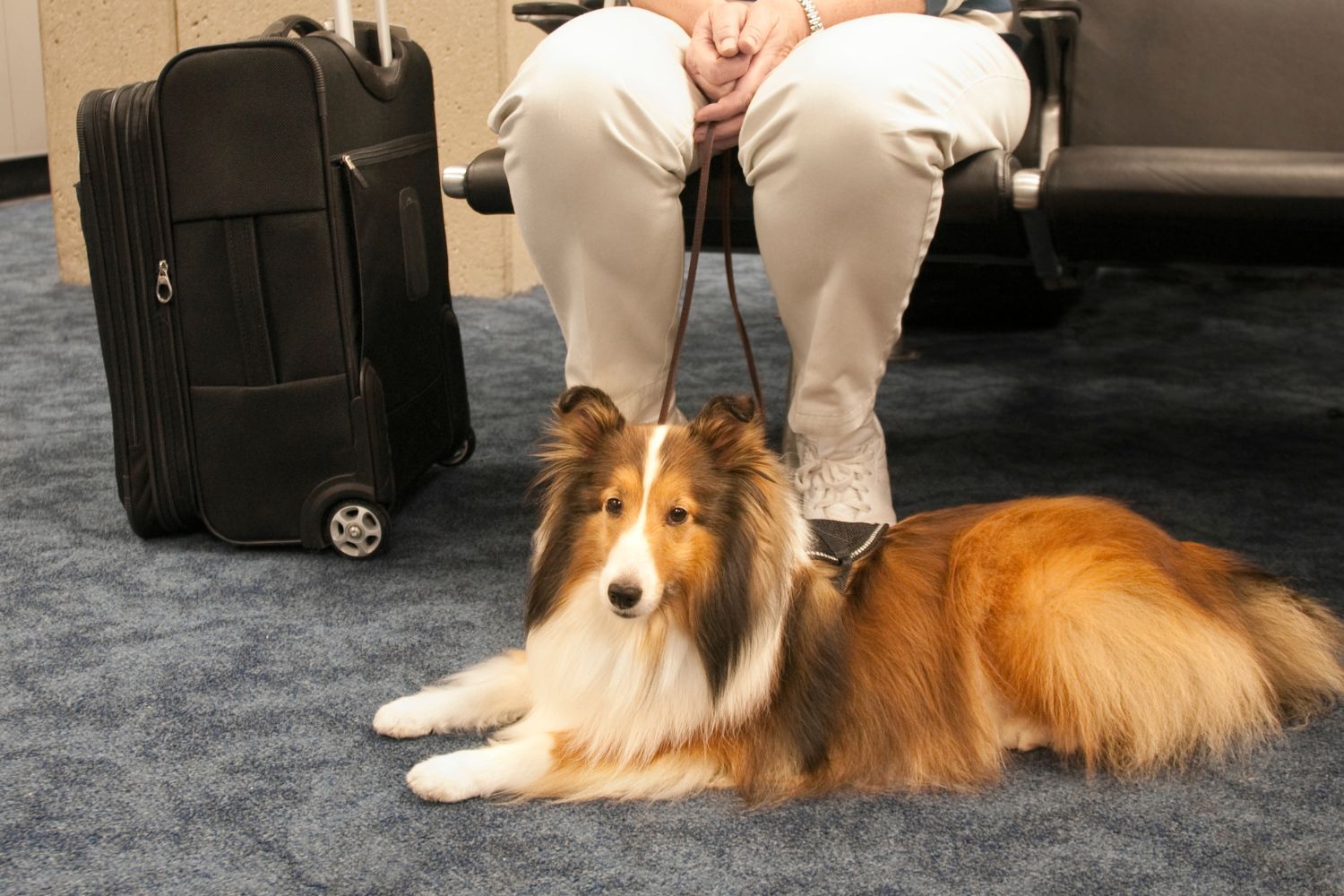The EU Court of Justice equated a dog lost at the airport to luggage. The owner received compensation as if she had lost a suitcase, without recognizing the sentimental and emotional value of her animal

Can a dog be considered luggage? According to the Court of Justice of the European Union, yes. The story begins in 2019, when a passenger traveling from Buenos Aires to Barcelona entrusts her dog to the airline staff, who loads her into the pressurized hold. During loading operations, however, the animal escapes and disappears without a trace. The airline acknowledges the error, but offers compensation calculated according to the Montreal Convention, the same one that regulates lost luggage: approximately €1,627 ($1,780).
The passenger, who had lost a life companion, not a suitcase, requests €5,000 ($5,470) for emotional damages, but the judges reject the claim. According to the Court, an animal transported in the hold fully falls within the category of “luggage”, unless the owner has declared a special value at check-in, with an additional fee.
Animals as “objects”?
The decision appears to contradict Article 13 of the Treaty of Lisbon, which recognizes animals as sentient beings. However, the Court established that this principle does not modify air transport rules, where airline liability follows economic criteria, not emotional ones. In practice, European law distinguishes between animal welfare and the legal value of transportation.
The result is paradoxical: the loss of a dog is treated like that of lost luggage. For the Court, “although animals are not objects, for the purposes of air liability they are equated to luggage“. A legally correct formula, but morally indigestible for those who consider their animal part of the family.
When the law forgets the heart: the dog reduced to luggage
The ruling of the Court of Justice of the European Union on the lost dog treated as luggage cannot help but raise profound questions about how capable bureaucracy is of remaining human in the face of feelings. It’s true: the law must guarantee uniformity and predictability, but when a regulation reduces a living being to a transported object, something seems to go wrong in the scale of values on which justice is founded.
Article 13 of the Treaty of Lisbon recognizes animals as sentient beings, capable of experiencing emotions and pain. However, this awareness seems to remain confined to the field of good intentions, while transport law continues to move in a coldly economic language, made of franchises, conventions and liability limits. It’s as if, during the course of a journey, a dog temporarily stopped being a living being to become an insured movable asset.
On one hand, social reality evolves, on the other the law remains fixed to a decades-old paradigm, in which the emotional relationship between humans and animals finds no space. After all, it’s not just a question of compensation. It’s about understanding whether our legal system is ready to recognize the symbolic, emotional and moral value that animals have for millions of people. Because defining a dog as “luggage” is not just a lexical choice: it’s a cultural declaration, and unfortunately it tells of a Europe still too tied to a law that doesn’t know how to look into the eyes of those who cannot speak.
